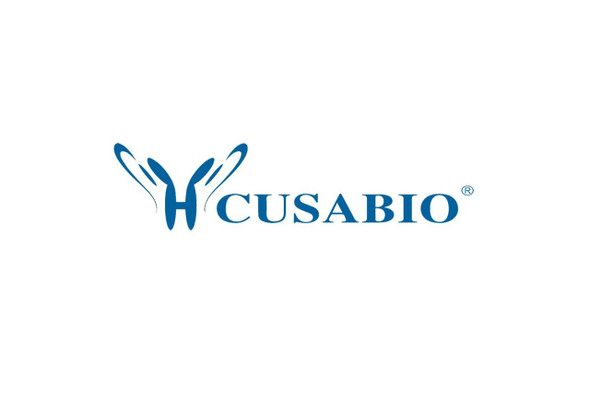Cusabio Polyclonal Antibodies
LIN7A Antibody | CSB-PA012963LA01HU
- SKU:
- CSB-PA012963LA01HU
- Availability:
- 3 to 7 Working Days
Description
LIN7A Antibody | CSB-PA012963LA01HU | Cusabio
LIN7A Antibody is Available at Gentaur Genprice with the fastest delivery.
Online Order Payment is possible or send quotation to info@gentaur.com.
Product Type: Polyclonal Antibody
Target Names: LIN7A
Aliases: Protein lin-7 homolog A (Lin-7A) (hLin-7) (Mammalian lin-seven protein 1) (MALS-1) (Tax interaction protein 33) (TIP-33) (Vertebrate lin-7 homolog 1) (Veli-1), LIN7A, MALS1 VELI1
Background: Plays a role in establishing and maintaining the asymmetric distribution of channels and receptors at the plasma membrane of polarized cells. Forms membrane-associated multiprotein complexes that may regulate delivery and recycling of proteins to the correct membrane domains. The tripartite complex composed of LIN7 (LIN7A, LIN7B or LIN7C), CASK and APBA1 may have the potential to couple synaptic vesicle exocytosis to cell adhesion in brain. Ensures the proper localization of GRIN2B (subunit 2B of the NMDA receptor) to neuronal postsynaptic density and may function in localizing synaptic vesicles at synapses where it is recruited by beta-catenin and cadherin. Required to localize Kir2 channels, GABA transporter (SLC6A12) and EGFR/ERBB1, ERBB2, ERBB3 and ERBB4 to the basolateral membrane of epithelial cells.
Isotype: IgG
Conjugate: Non-conjugated
Clonality: Polyclonal
Uniport ID: O14910
Host Species: Rabbit
Species Reactivity: Human, Mouse
Immunogen: Recombinant Human Protein lin-7 homolog A protein (1-233AA)
Immunogen Species: Human
Applications: ELISA, WB
Tested Applications: ELISA, WB; Recommended dilution: WB:1:1000-1:5000
Purification Method: >95%, Protein G purified
Dilution Ratio1: ELISA:1:2000-1:10000
Dilution Ratio2: WB:1:1000-1:5000
Dilution Ratio3:
Dilution Ratio4:
Dilution Ratio5:
Dilution Ratio6:
Buffer: Preservative: 0.03% Proclin 300
Constituents: 50% Glycerol, 0.01M PBS, PH 7.4
Form: Liquid
Storage: Upon receipt, store at -20°C or -80°C. Avoid repeated freeze.
Initial Research Areas: Neuroscience
Research Areas: Neuroscience;Signal transduction









